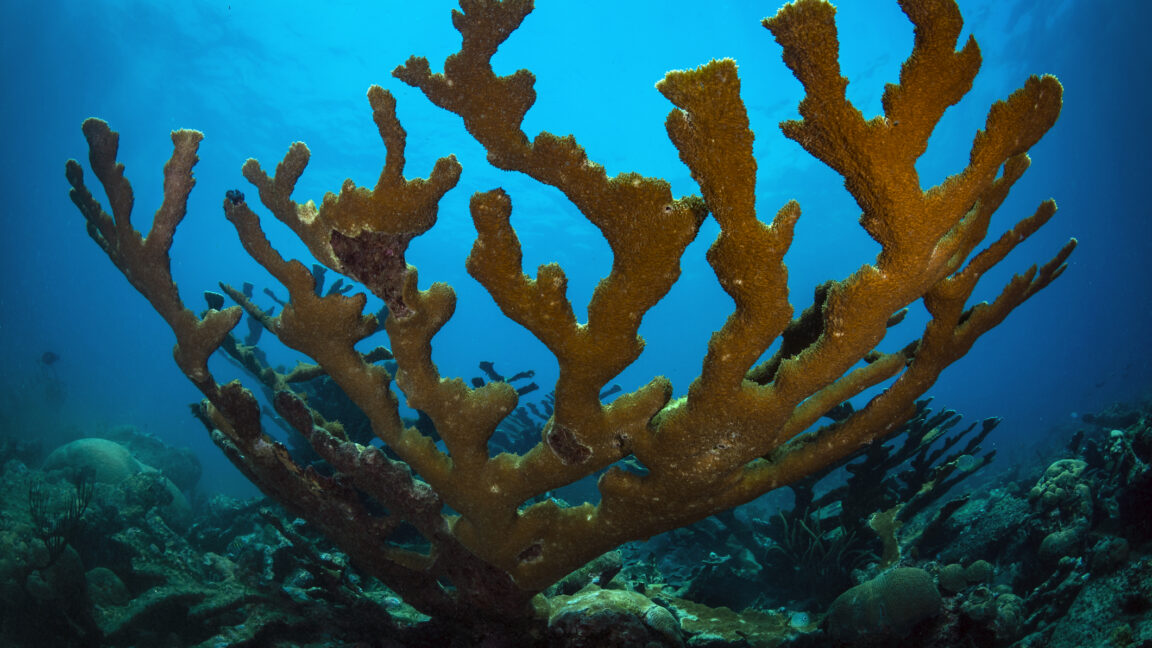Ancient Corals Survived Climate Shifts by Retreating to Deeper Waters

Recent research reveals that the 2023 marine heat wave pushed two Acropora coral species in the Florida Reef to the brink of extinction. These reef-builders, vital for marine biodiversity, suffered a dramatic decline in their populations, making natural recovery nearly impossible.
“Their numbers are now so critically low that successful reproduction is highly unlikely,” explains Dr. Ross Cunning, a leading coral biologist at the John G. Shedd Aquarium. This situation underscores the urgent threat climate change poses to coral ecosystems worldwide.
Interesting:
Historically, corals have endured mass extinctions over the last 460 million years by retreating into deeper, cooler waters, and then rebounding when conditions improved. According to paleontological studies, this resilience allowed them to recolonize habitats after severe climate disruptions.
However, today’s rapid warming may outpace their ability to adapt or recover, especially given the accelerated rate of environmental change. Experts warn that the window for natural resilience is closing, and human intervention may become essential to preserve these vital ecosystems.
